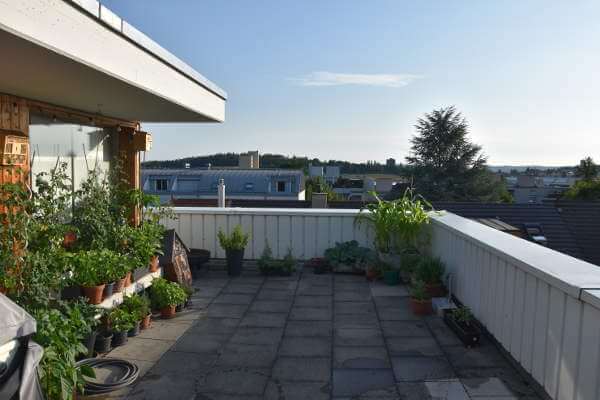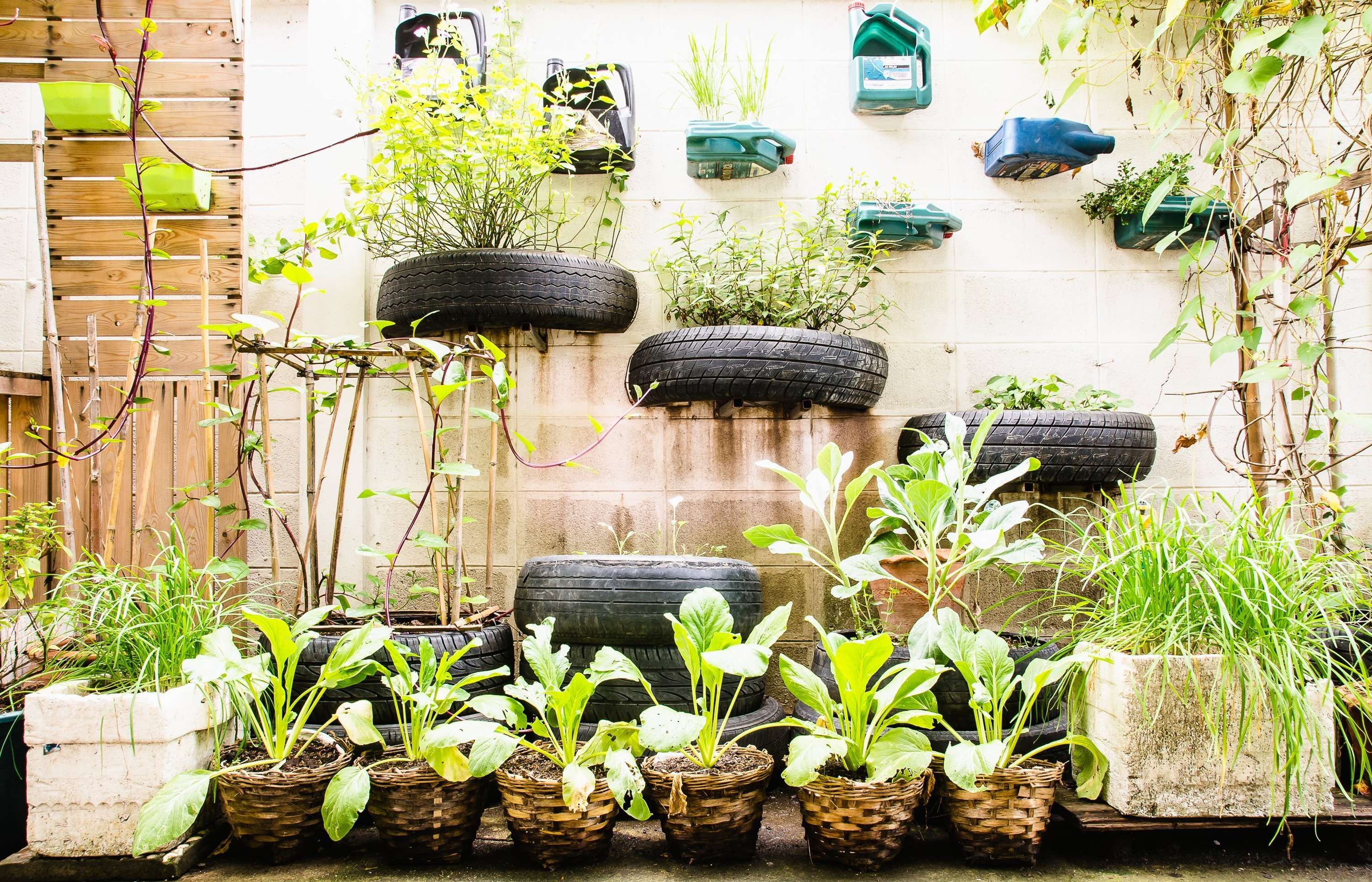Imagination
- People already doing some Urban Gardening without knowing.
- We want to show people how they can do their part and let them know a bit more
- bring back more green space to the cities
- spread the knowledge we gain out of this project
- motivate people to do some gardening with easy steps
Expetations
- I think it will be hard to do an interview on the street. It could be a struggle that people take their time and maybe the weather isnt good as well.
- For the Interview in the shop it could be difficult to find a shop were they are open to help or find a shop which has time for us.
- The survey could be a success. I know a lot of people also around the world, so we will be able to see different views all over the world to this topic.
- I can imagine that our plan might not work out and we spontaneously change our plans.
in progress
Research about this topic:
What is urban gardening?
Urban gardening came from the USA to Europe and got big in the '90s. The focus is on beautifying and enriching life in the city and creating new communities. It has many different types of urban gardening. These different types you can find in the first link.
The motto of urban gardening is recycling instead of high-tech, creativity instead of professionalism.
Urban Gardening and Urban Farming have existed since the construction of urban developments. The lack of transport facilities and the short shelf life of food made it impossible to produce it in regions far away from the demand for this food. With increasing globalization and improved transport routes, the knowledge of how to grow vegetables and fruit was then lost again.
Nowadays, a large part of the urban population is again interested in producing their own vegetables and fruit.
In Switzerland, we have many shops where you can buy things for urban gardening. For example in the second link there you can find a shop in Wädenswil, Switzerland.
Link 1 - what is urban gardening (reset.org)
Link 2 - urban gardening shop
Link 3 - urban gardening information
This is a balcony from Oerlikon, Zürich where the resident does urban gardening.

For this research, I took 30min of my time.
My imagination about this topic
I understand urban gardening to mean the planting and cultivation of my own products. In this context, I also mean bringing green back into the cities and trying to live in an environmentally friendly and "green" way. Urban gardening can be a small garden on the balcony or can be taken over by the cities on a grand scale. For example with city parks and so on.
We are going to do a survey and have an interview with a shop owner. I hope that the interview will provide me with further and exciting information for our brochure. I also hope to get a clear picture of a possibility for my own needs.
From the survey, I hope that we can inform and motivate people. I am also very curious to see how urban gardening is used or applied in different countries and how well known it is.
In my imagination people already know a lot about it and do this urban gardening already without being aware of it. But you have to make people aware that this is a great contribution to our climate.

How can you get people to implement climate-changing measures?
What is our goal?
We would like to get people to implement climate-changing measures. We want to know, why some people do not implement them and what they'd need to change their opinion. Is lack of information? Financial reasons? Do we need laws? It would also be interesting to know where the costs arise above all from doing nothing about the climate. It would be really nice if we could find someone who could answer this question.More...
All these diseases occur in the city of Zurich:
- Asian longhorn beetleMore...
- Beautiful coralreefs
- they are destroyed because of trash in the ocean and some unresponsible people
- its the home of many species
- dirty air (China)
- Its important to protect the corals because they are important for a clean air and enough oxygen which is essential
With this project I want to tell people about different diseases from trees and what is so dangerous about them. I think it is very important that people know how to help trees and their enviroment because we all need trees to live and they are also used for a lot more. It's necessary that trees can live and grow safely and that it always has enough trees in the nature and around the world.
This topic is very interesting and helpful for your own use because a lot have a garden with plants and trees and it's very bad if any of these would have a disease. With more knowledge about this topic you can look better after you garden.
Steps:
We will make a presentation with the following topics:
- most common trees in the city of Zurich
- diseases which are common in the city of Zurich (with danger, damages, etc.)
- foreign plants, animals an their danger
Eventually we are going to do an interview or an survey but we don't know yet.
[in progress]
When we close our eyes we see a city with a lot of grey surfaces. The materials are brought to our country by ship and airplane, which causes great damage to our enviroment. In summer the city gets hot and the air thickens. We imagine most buildings to be cost efficient and paired up in dense structures to save space.
But we can also think of a perfect scenario with buildings with green space on the surface to let the city breathe. Eco-friendly materiels like wood and natural stone are used for constructs and everything is well distributed.
We can already imagine how in our project we are going to compare these two scenarios and methods with each other. By visiting places which represent both versions of city fassades we are also going to see how much of our imagination matches reality.
Dario & Justin
The main part of our project is, to get to know if it‘s possible to have only electric cars in a city like Zurich. The find this out, we want to do some research in Zurich and also do an interview with the city council of Zurich.
The second part of our project is to do our own experience with electric cars, means we want do drive an electric car and do also an interview with people from the car industry.
in progress